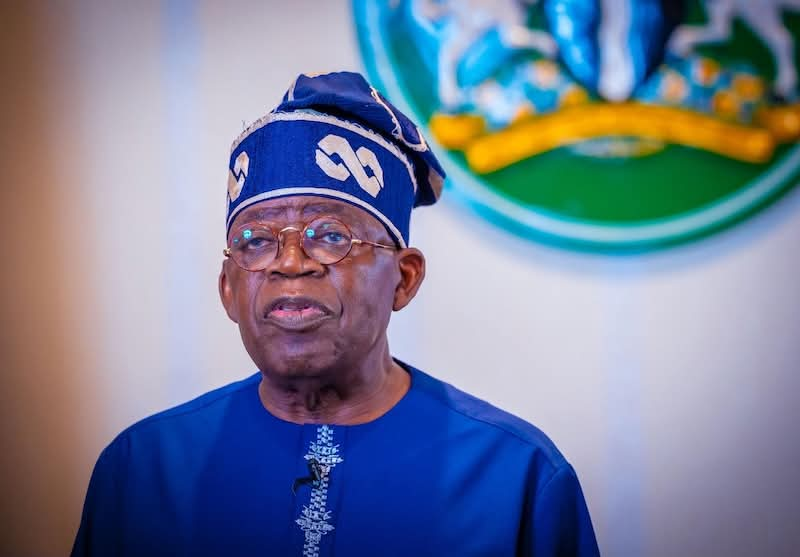
Dare Babalola
President Bola Tinubu has approved a six-month temporary ban on the export of raw shea nut to boost local processing, protect and grow Nigeria’s shea industry. The ban, which is effective immediately, aims to curb informal trade and generate around $300 million annually in the short term.
This was disclosed in a press statement by the Senior Special Assistant to the President on Media & Communications (Office of the Vice President), Stanley Nkwocha.
Vice President Kashim Shettima, who announced the president’s directive on Tuesday during a multi-stakeholder meeting at the Presidential Villa, called on the Federal Ministry of Finance and other relevant government agencies to fast-track enforcement.
Shettima called on relevant government agencies to fast-track the enforcement, describing the decision as a “pro-value addition policy” designed to secure raw materials for processing factories and industries, boosting rural income and jobs.
The ban is expected to transform Nigeria from an exporter of raw shea nut to a global supplier of refined shea butter, oil, and other derivatives. Nigeria produces nearly 40% of the global shea product but accounts for only 1% of the market share of $6.5 billion.
The government aims to earn $300 million annually in the short term, with a projected 10-fold increase by 2027. The ban is seen as a collective decision involving the sub-nationals and the Federal Government, with clear directions for economic transformation in the overall interest of the nation.
The Minister of Agriculture and Food Security, Senator Abubakar Kyari, highlighted the enormous potential of the shea trade for Nigeria, noting that the sector could generate over $300 million annually in the short term and position Nigeria to capture a significant share of the projected $9 billion global market by 2030.









